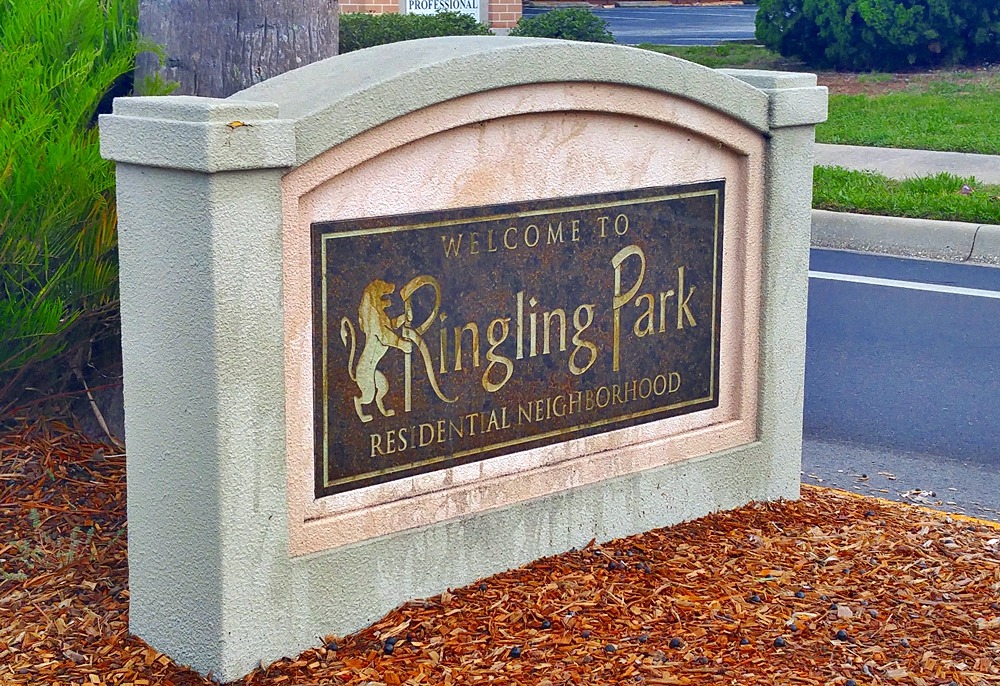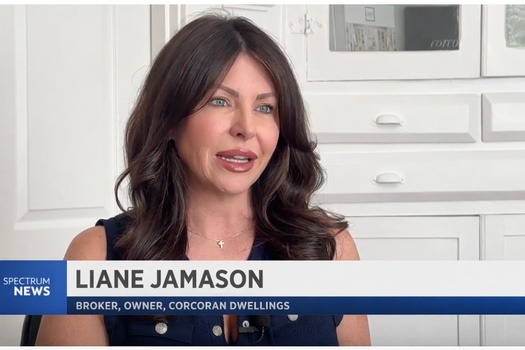The earnest money deposit—the cash you as a buyer offer to essentially call dibs on real estate—is one of the most important (and often misunderstood) parts of the home-buying process. In the Sarasota area, home buyers will usually put down anywhere from 1% to 5% of the real estate purchase price as earnest money. (If in a bidding war, buyers may even put down a larger earnest money deposit in an effort to stand out.). An earnest money deposit tells a seller that the buyer is serious about closing. Without earnest money, buyers could theoretically make offers on multiple homes, essentially taking them off the market until the buyers decide which one they like best.
Don't worry—the seller isn't going to run off to Aruba with your cash. Earnest money remains in an escrow account or with the title company until the real estate sale closes. And, if everything goes off without a hitch, that earnest money is transferred from escrow and put toward the buyer's down payment and closing costs. So you can't lose earnest money put up in good faith, right? Not usually. However, earnest money is occasionally forfeited. Watch out for these three scenarios where the buyer's earnest money could end up being at risk.
1. You waived your contingencies
To make offers more attractive to sellers, it’s not uncommon for buyers to waive contract contingencies regarding real estate financing or an inspection. You might be tempted to do the same—a hefty earnest money deposit without contingencies will make you more attractive home buyers. But putting down earnest money also comes with serious risks. You guessed it: You might lose your earnest money deposit.
The financing contingency guarantees that you’ll get a refund for your earnest money if for some reason your mortgage doesn’t go through and you’re unable to purchase the house. The inspection contingency allows you to renegotiate the price or request repairs if serious defects are found during the inspection, or even back out of the real estate and get a refund of your earnest money (AS-IS contract or Right to Inspect Rider/Clause).
If your contract doesn’t have such buyer protections and you run into trouble with the inspection, you won’t be able to get your money back from escrow if you abandon the deal. Most experts recommend that you not waive the inspection contingency, unless you’re planning on tearing the property down.
As for the mortgage financing contingency, waiving your right to cancel may be the only way to compete with all-cash buyers. But you have to be absolutely sure that you’ll be able to get approval from your bank. It's not unusual for loan applications to fall through, even when the buyer had a pre-approval letter.
2. You ignored the timeline outlined in the contract
Your real estate contract usually sets a specific time frame in which you’ll need to secure financing, get the home inspection, have the house appraised, and be available for the closing. Generally speaking, as long as you’ve made a good-faith effort to adhere to the timeline, sellers will grant a reasonable extension if a lender drags its feet or there are other extenuating circumstances that delay things.
If your purchase agreement is a FloridaRealtors/FloridaBar (FAR/BAR) contract, a “time is of the essence” clause is standard verbiage in these contracts. Being mindful of this language is important—it means the closing date for the sale is binding. If you can’t make it to close the real estate transaction on time for any reason, you as the buyer have breached the contract and could forfeit your earnest money.
3. You got cold feet
If you have a change of heart about the home you're buying—but there’s no problem with the property or the financing—you likely will not get your money back.
The earnest money deposit serves a protection for the sellers when they think they have a buyer and take their home off the market. If late in the game the buyers decide they no longer want to make the purchase, the sellers get to keep the earnest deposit as compensation for the time and money they have to spend on listing their home again and looking for another buyer.
When it comes to real estate, a case of buyer’s remorse could be even more painful than a lost deposit. To avoid both, really make sure the home you're bidding on is "the one."
Original Article written by: Beth Braverman: Ouch! 3 Times You Can Kiss Your Earnest Money Refund Goodbye



